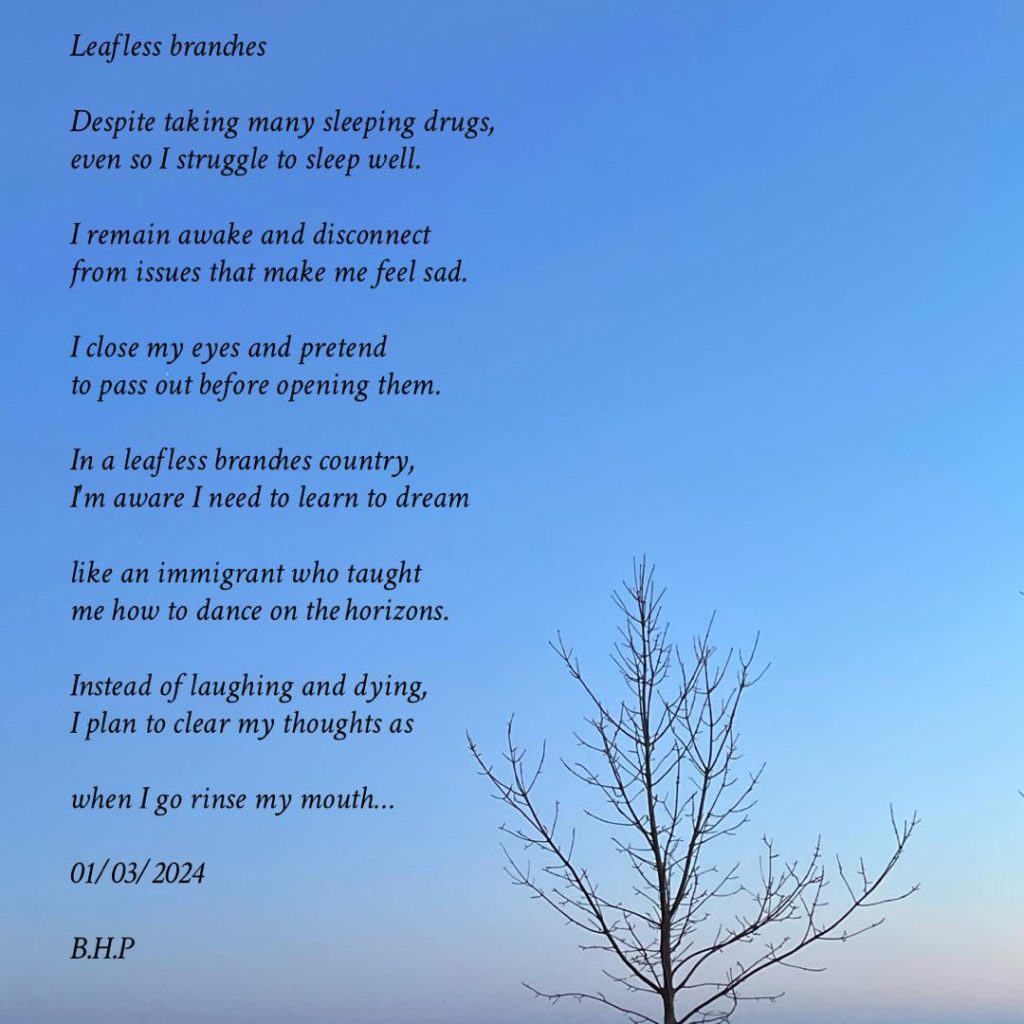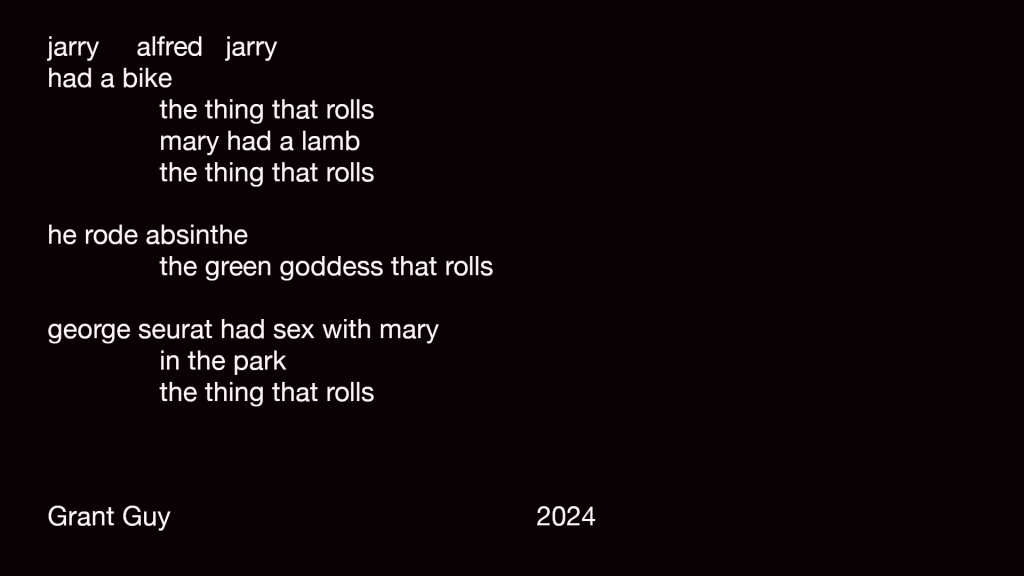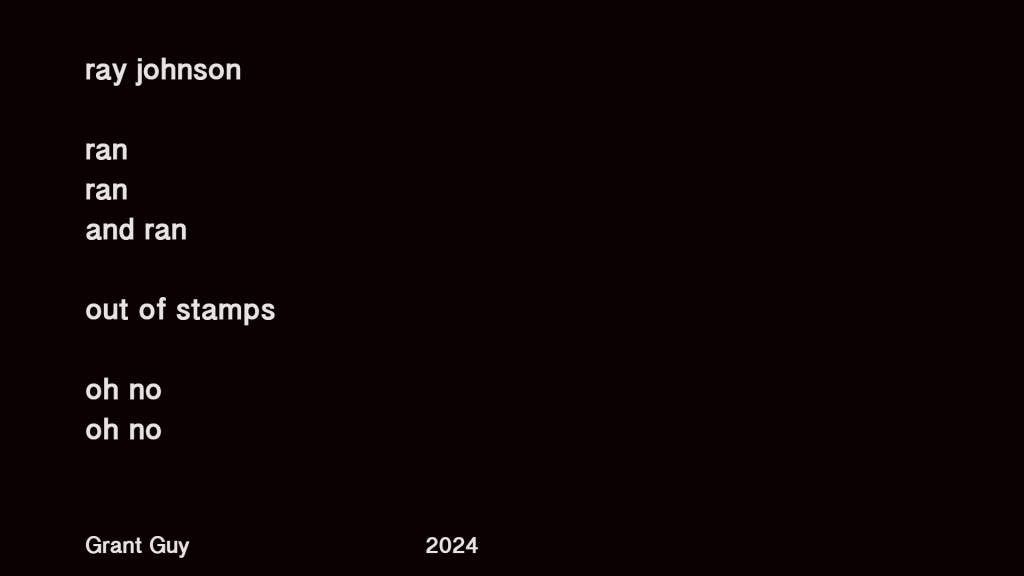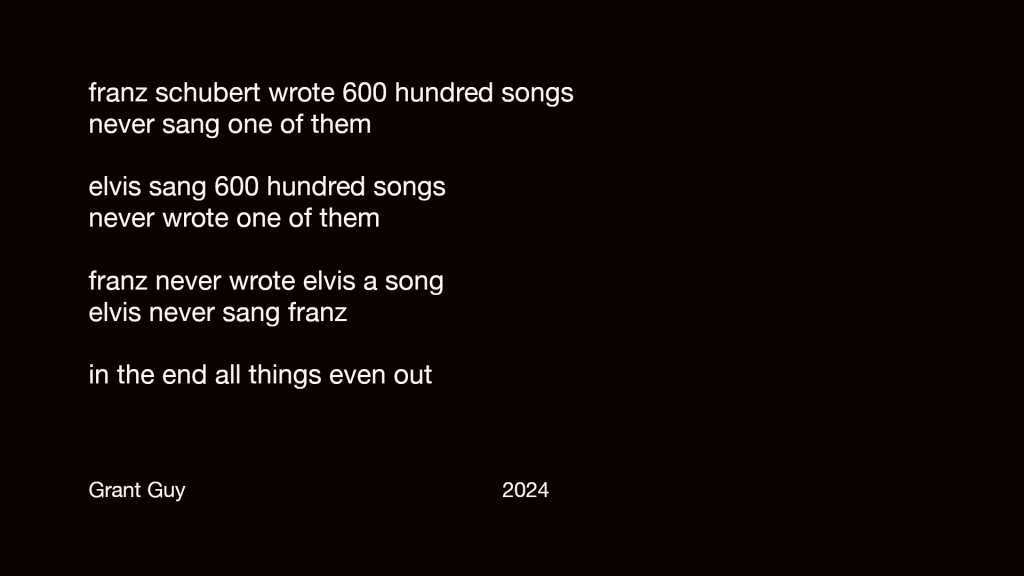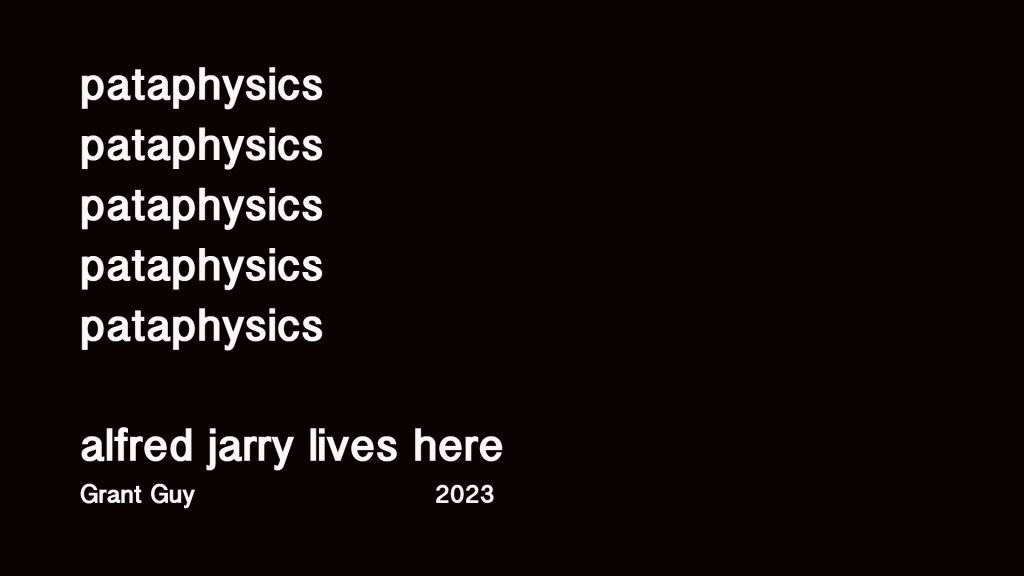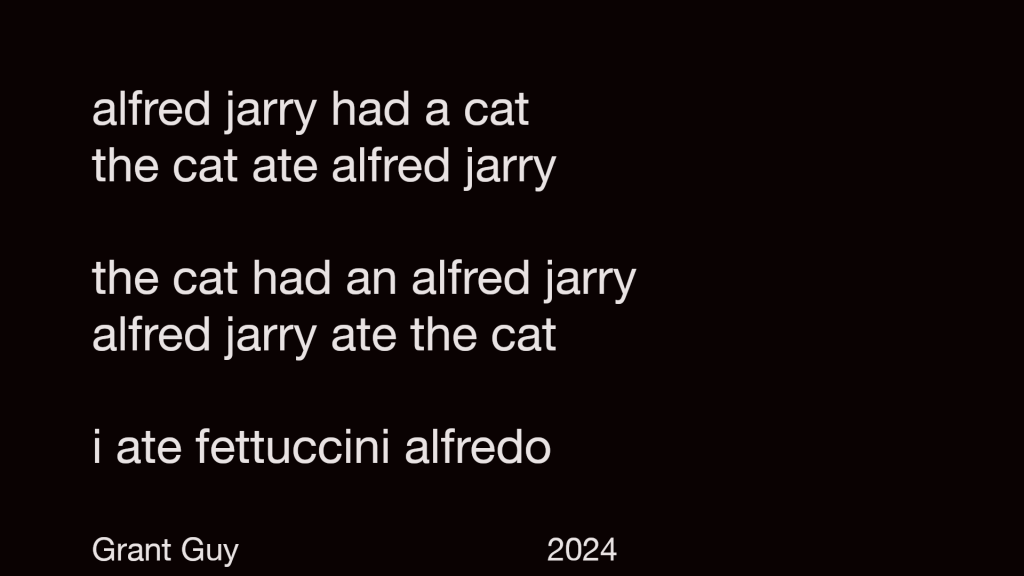+
Anyone of sight with
two directions of hearing
Consider a friendly future
This is about the smiles
we share together
Get it straight
Know the
Works and Hands
that have carried them
Enjoy the Good
Trust
In Good Faith
............
by John Edward Culp
Wednesday
March 6, 2024
Poetry from Nasser Al Shaikh Ahmed
A MONOSTICH POEM
It is a (Single-Lined micro-poem expressing a complete thought)
It breaks my heart to see you sadden, feeling oppressed, obfuscated or downtrodden, I would fight pulchritudinous for your pride, to always stand by your side, I would fight inexorably not to see you crying or by serendipity not to see your smile dying.
Vineyard guarded by the flowers
In my life, you are the sun in the orbit of passion
I melted a thousand beats on the embers while waiting.
A lifetime has passed on the long pilgrimage to rendezvous
The black sky above my head made me lose hope and steps.
As we got back from the scattered themes,
We crossed the valley of stolen dreams
Your love was in my heart and kept us survived throughout the journey.
How can I ever forget our crazy letters on the wall?
And the way we walked in that vineyard which had aligned aisles orchard.
The vineyard that was guarded by the flowers?
Short Biography
NASSER ALSHAIKHAHMED is a SAUDI ARABIAN bilingual poet and writer, he writes poetry and short story in Arabic and English
He went to school at Sonoma State University in California, USA. Although his field of study is far from literature but his soul is immersed in poetry and writing.
He is a member of:
1-All Poetry.com
2-Soul Asylum Poetry Radio. New York-USA
Poetry Anthologies.
1- Voracious Polyglots-USA
2- The Quilled ink SOUTH AFRICA
3- Wheel song Poetry- UK
Online Magazines
1-Polis Magazino- Greece
2-ILA Magazine- USA
3- Grupo de trabajo de escritores “Juntos por las letras” -ARGANTINA
3- www.youtube.com/c/Uddan Television
He has translated from English to Arabic several poetries work for poets from USA, Japan and Australia and published his translation in local journals
He has published one poetry book in Arabic( العرافةara’fa) in 2013 by ( Arabian house for science and publishing). He has won the second prize “Zheng Nian Cup” China Literally Award! 2023. He has published one English
He was awarded on 14-10-2023 by the L.A. Seneca International Academic Literary Award , the Italian Academy of Philosophical Arts and Sciences, Bari- Italy.
Poetry from Ahmad Al-Khatat
Short story from Bill Tope
The Day After Yesterday
“Maybe I could take just one,” murmured Holly, seated on her sofa and overlooking the long wooden coffee table upon which all the medications were arrayed. Fumbling with a plastic vial of sedatives, Holly spread the contents out onto the table and began lining up the pills in various ways. Then she upended the oxycodone left over from her mother’s operation nearly two years ago and untouched until now. Finally, she poured out the pain pills she took every day for her neuropathy. She began counting.
After she finished counting—153 pills, caplets, and capsules in all—she began moving them about again. She wondered how many of this kind it would take to kill her. She bit her bottom lip, concentrating. What had brought her to this point, she wondered for perhaps the hundredth time. Well, Jack leaving her was the start of it all, claiming he “felt trapped” and “wanted to see other people.” Yeah, yeah, yeah, she’d heard that before. The kiss off. There would be no reunion, as he pretended. Finito.
Then Misty, her best and only real friend, took Jack’s part and called Holly an “ass.” Then she unfriended her online. And today, to cap it all off, she was sent home from the nursing home where she worked after testing positive for COVID-19. And she hadn’t worked there long enough, they told her, to qualify for unemployment benefits. And finally, it still hurt that her mother had died last year, leaving her this house and thousands of dollars in debt due to medical bills.
Holly took a deep breath, then sighed wistfully. Why was she alone, she thought, when she felt this bad? Other people should share her crappiness. Wasn’t there anyone she could call? She glanced up at the clock over the fireplace. Ten p.m. Sure, there was someone she could call: her ex-friend Misty. She was still her friend, deep down. She put the call through; it went immediately to voice mail. Damn it! “I know,” she murmured, “I’ll try her land line.” She put through the call, and the phone rang and rang and rang some more. She disconnected.
“I’ll call Jack,” she said softly and put through the call. Again, voice mail. The land line: again, it rang and rang. Irritated, Holly slammed up the phone. Where was everybody, she wondered? Everyone should be home by 10 p.m. Jack was probably out “seeing other people,” and maybe, just maybe, Misty was with him. She began a slow burn, imagining the unimaginable.
She went to the kitchen and returned with a bottle of beer—Jack’s brand—and resumed her seat behind the table with all the drugs. How could they do this to me? She wondered, distraught. Her best friend and her lover—ugh! Impulsively, she reached across the table, took a pill, and popped it into her mouth. She washed it down with a gulp of beer. She froze, not knowing what to expect. When there was no physical response to the pill, she was a little disappointed. Damn Jack anyway, she fumed, then took up two bright yellow capsules and swallowed them with another drink of beer.
She called Misty and Jack each four more times, and still the phones rang. Every time her bid for companionship was rejected, she took more pills. “I’ll show them,” she muttered, eating more sedatives and painkillers and draining, finally, her third bottle of beer. She hiccupped and swept her hair back from her face. She didn’t know if the drugs were doing anything, but she was getting a little tipsy. She hiccupped again. No, she corrected herself; she was drunk. She returned to the kitchen and pulled two more bottles of beer from the fridge.
Always an easy drunk, she drained one bottle, and some of the suds splashed down her sweatshirt. “Damn it to hell,” she raged, then tried to stand up but fell back heavily onto the sofa. Her head was spinning, and her movements were clumsy and sluggish. She shook her head, puzzled, then glanced down at the coffee table. Only about fifty pills remained. That means she had taken… Oh God! “What am I doing?” she said softly, then tried to stand again—without success.
She had been drunk before, she thought, and this wasn’t it. The pills! Moving slowly, she reached a clumsy hand out and pulled the telephone book from the nearby telephone table. She was too out of it to use her cell phone directory. Turning to the Yellow Pages, she looked up Poison Control Center and placed the call. The phone rang and rang, then rang some more. Didn’t they have anyone answering the phone there? Maybe, she thought bleakly, no one got poisoned after six p.m.
She had another idea. Looking up the number of the suicide prevention hotline, she placed yet another call. Her vision was getting bleary, and she was a little short of breath. God, what was happening? She didn’t mean to kill herself; it was all a kind of game. Her hearing appeared to be diminishing too. She put the phone on speaker. The phone continued to ring. Again, Holly attempted to stand but fell back heavily, knocking her bottle of beer askew and inundating what remained of her pills.
Holly felt lightheaded but also strangely calm, almost serene. Fumbling, she hung up the bleating telephone and fell back onto the sofa on her back. She pulled the thick afghan her mother had made over her body and tucked it under her chin. She began to have daydreams at night. She chucked softly, faintly amused. She wasn’t at all sure what at. All she knew now was that, finally, she was warm and comfortable and didn’t have a care in the world. Who knew that killing yourself could bring such pleasure, such comfort, and such relief? A pang of panic jolted through her, and she stiffened, but the pills took over, and she was calm again.
Suddenly, her phone began to ring urgently. She barely heard it and tried to ignore it, but as a child of the twenty-first century, she placed the phone on her chest and peered at the screen. Jack! If only he’d called an hour ago, things would have been so different, but now she didn’t care. She phone slipped to the floor and rang and rang and rang some more.
Poetry from Ubali Ibrahim Hashimu and Maryam Yakubu
HEARTS ETERNAL DREAM Tell me again, how do I stop myself? From savouring the bliss of your warm body, That quenched my heart with everlasting affection, And it made me sense the warmth of your breath. Having you my side is what I dreamt of, Your embrace fills me with joy I can't name, Your warmth, a home to strength & hope in this life, Losing it to me would be a cruel, painful game. I never dreamt of having you as a partner, But when you now appear in reality, All flowers bloom, and I pray to live with you, Until the sun kisses the star & the moon begun to cry. I never thought I'd meet someone like you, But now I know this love is strong and true, You are the one who makes my heart sing, Even when the world is filled with fear and strife, I will be yours forever, my king. Ubali Ibrahim and Maryam Yakubu
Poetry from Grant Guy
Poetry from Noah Berlatsky
The Toast The problem with being a failure is you don’t get to stop. You’ve got to get up every day and have the toast laugh at you. And worse you have to make that toast. Carve your name in it with a hot poker. That isn’t hot. Carve your name in it with a lukewarm poker. Then eat the name which tastes like rubbery chicken. And go out with that chicken in your throat squawking. You’ve got to live with that every day. And get up and try to get the giant stone monolith to make you toast. It won’t but you keep asking.

